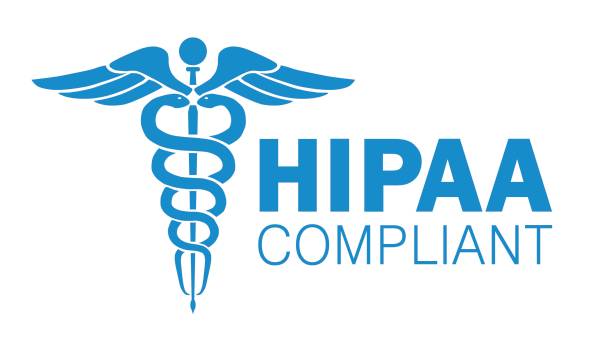HIPAA audits can be stressful for any dental practice. These audits check if your clinic is following strict privacy and security rules for patient information. One major factor in passing these audits is having reliable dental IT support. Without a proper system in place, even a small oversight can lead to costly fines or loss of patient trust.
HIPAA rules require dental offices to protect patient data at every stage—from storage to sharing. This means secure networks, regular backups, encrypted communications, and strict access controls. When a practice relies on professional IT services, it ensures that every step is handled with care and accuracy, reducing the risk of violations.
Understanding HIPAA and Its Impact on Dental Practices
HIPAA, or the Health Insurance Portability and Accountability Act, sets national standards for protecting sensitive patient health information. For dental offices, this means:
- Keeping patient records safe from unauthorized access
- Securing communication between staff and patients
- Ensuring software and hardware meet compliance standards
- Maintaining proper backup and recovery systems
If these requirements are not met, a HIPAA audit can result in heavy penalties. That’s why partnering with experts who understand dental technology and compliance requirements is critical.
Common Risks During HIPAA Audits
Many dental clinics underestimate the complexity of HIPAA audits. Some common risks include:
- Outdated software without security updates
- Weak or reused passwords for staff logins
- Lack of encryption for patient communication
- Incomplete data backup systems
- No clear security policies for employees
These gaps can lead to audit failures. A professional dental IT company can identify and fix these problems before they become serious issues.
Role of IT in HIPAA Compliance
Strong IT infrastructure is the backbone of HIPAA compliance. With proper systems in place, your dental office can avoid common security pitfalls. Key IT measures that support HIPAA compliance include:
- Implementing firewalls and intrusion detection
- Regular security audits and risk assessments
- Automated data backup and recovery plans
- Multi-factor authentication for system access
- Secure email and messaging tools
These technical safeguards ensure that patient data remains private and secure, both in storage and during transmission.
Benefits of Professional Dental IT Services for Compliance
Partnering with a team that specializes in dental technology offers several advantages:
- Faster resolution of technical issues
- Proactive monitoring to detect threats early
- Compliance-focused approach to technology upgrades
- Staff training on HIPAA rules and IT security practices
- Confidence during audits with proper documentation and records
A professional partner not only handles technical issues but also prepares your practice for any compliance checks.
How Preparation Prevents HIPAA Audit Failures
Being ready for a HIPAA audit is about more than just having the right documents. Your systems must show that they protect patient data every day. Regular internal reviews, ongoing staff training, and updated security protocols are essential.
When IT experts handle these areas, your team can focus on patient care without worrying about sudden compliance issues. This level of preparation can make the difference between passing and failing an audit.
Conclusion
HIPAA compliance is not optional—it’s a core responsibility of every dental practice. Reliable IT support ensures your systems meet all legal requirements while keeping patient data safe. For practices looking for trusted partners, Dental IT Solutions offers the experience, tools, and strategies to keep your technology secure and audit-ready at all times.





Comments